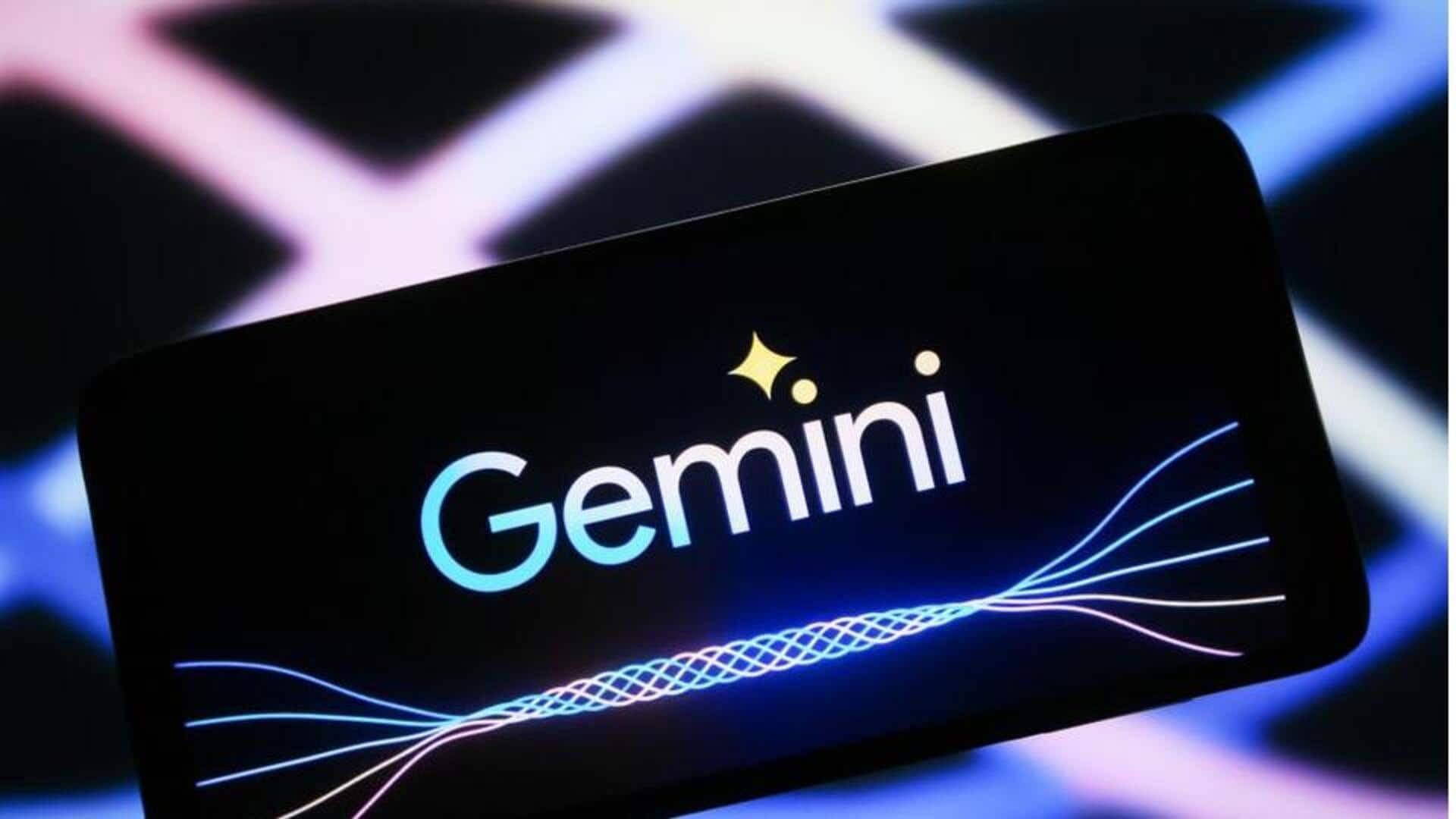
Google's AI chatbot won't answer your election queries in India
What's the story
Google has confirmed the implementation of a new policy in India in connection with its AI chatbot Gemini.
It will now restrict the types of election-related questions that users can pose. Rather than answering such questions directly, the AI chatbot will direct users to Google Search.
The move is part of Google's strategy announced last year to handle election-related content and aims to prevent further controversy surrounding AI technology.
Recently, Gemini has landed in multiple controversies, prompting Google to apologize.
Playing safe
Gemini's response to election queries
Gemini is designed to answer questions in easy and conversational form.
However, when asked about upcoming elections in the US, UK and South Africa, Gemini responded with: "I'm still learning how to answer this question. In the meantime, try Google Search."
The change is part of Google's efforts to manage election-related queries responsibly.
Google recently admitted that its Gemini AI platform was "unreliable" and offered an apology after the chatbot said that Prime Minister Narendra Modi's policies were "fascist."
Details
Gemini's India policy akin to EU, US elections
Google has published a blog post which mentions the rationale behind curbing election-related queries in India.
"Out of an abundance of caution on such an important topic, we have begun to roll out restrictions on the types of election-related queries for which Gemini will return responses," the company wrote in a post titled 'Supporting the 2024 Indian General Election.'
The restrictions are deemed comparable to the ones Google announced in December ahead of global elections in the US and EU.
Palestine angle
Gemini also avoids questions on Palestine
Apart from maintaining caution on the upcoming elections, Gemini is also regulating answers on Israel's war with Palestine.
It is not just complicated questions about the longstanding conflict but it is also avoiding basic questions like "Where is Palestine?"
Recently, Google fired an employee who publicly protested against the tech giant's work for Israel.
Curbing misinformation
AI regulations amid misinformation concerns
The rise of generative AI technology has sparked concerns about potential misinformation, prompting governments worldwide to consider regulatory measures.
India recently instructed tech companies to seek approval before releasing AI tools deemed half-developed or in the testing phase.
The move comes in the wake of controversies surrounding AI-generated images, including Google's recent apology for inaccurately depicting the founding fathers of US and World War Two soldiers.